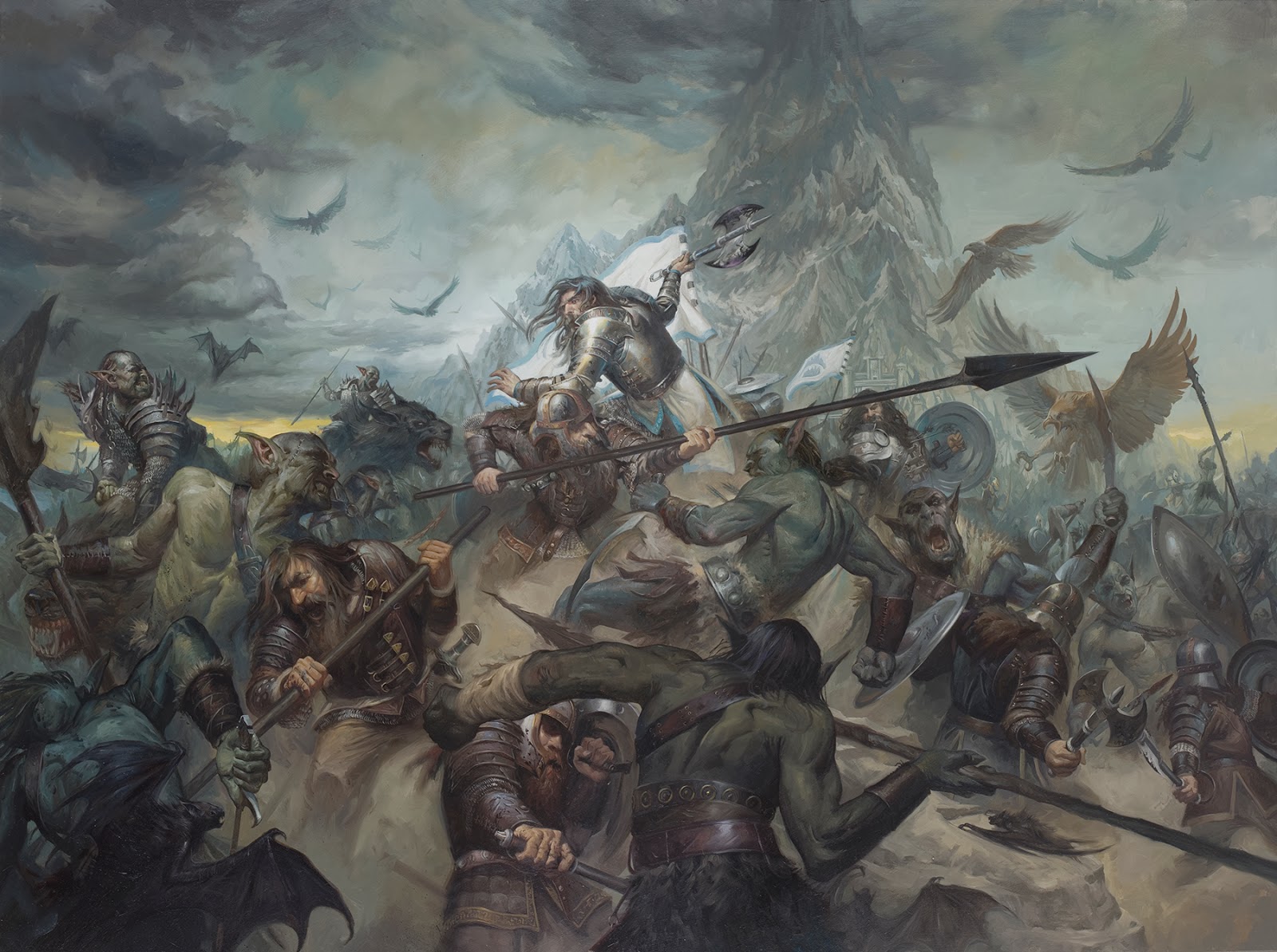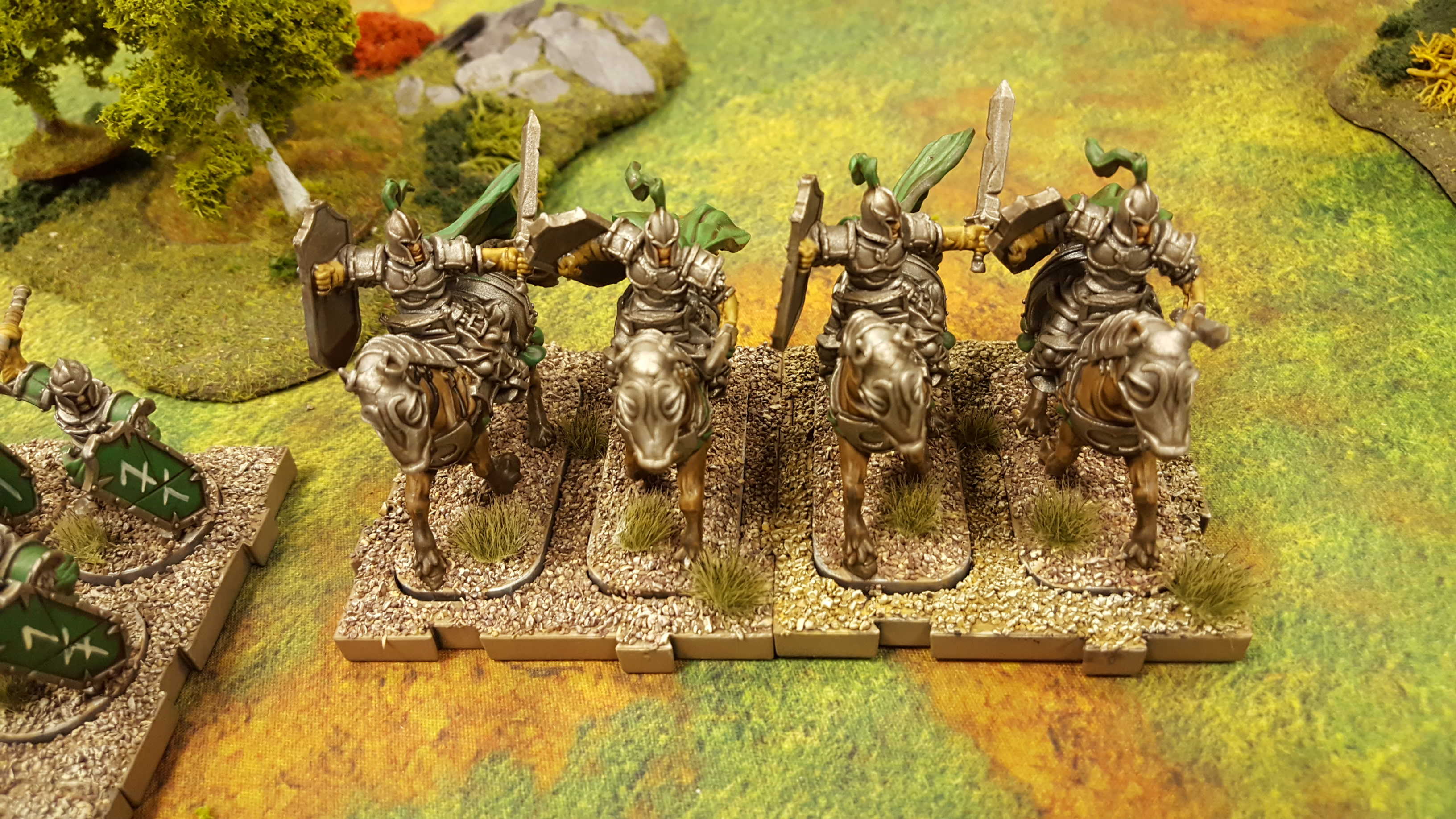
The President's proposals failed to touch the political questions which were the real obstacles to progress-Germany's demand for equality, France's insistence upon guarantees of her security. In June 1932, when the conference was apparently deadlocked President Hoover submitted his proposals for an all-around one-third reduction in armaments, for the abolition of all tanks, all chemical warfare, all large mobile guns, and all bombing airplanes, with total prohibition of all bombardment from the air. Among the points advocated by Ambassador Gibson were: Special restrictions for tanks and heavy mobile guns, which were considered to be arms peculiarly for offensive operations abolition of lethal gases and bacteriological warfare effective measures to protect civilian populations against aerial bombing and abolition of submarines. Therefore, he said, the conference should devote itself to the abolition of weapons devoted primarily to aggressive war. A first reading extending to June 8 resulted in a formal decision to accept the text as it then stood as the basis of the future convention.Ĭomplete Elimination of All Offensive WeaponsĪt the beginning of the conference in February 1932, US Ambassador Hugh Gibson said practically all the nations of the world had pledged themselves not to wage aggressive war. On Mathe British delegation submitted a draft convention embodying the decisions taken in the framework of the 1930 draft, and on March 27 this text was made the basis of discussion. He hoped that even the nervous French could be coaxed into an agreement that would allow reduction of armaments by one-third.

Hoover was a strong supporter of disarmament, principally for economic reasons. There was hope, if not conviction, that an acceptable disarmament formula might be found. And the United States of America.ĭisarmament had been a lively topic in diplomacy since the World War, and while statesmen tended to view it cynically, the Depression had made armaments more of a burden for all nations (ironically, the race to rearm in the late thirties would be credited by some observers with breaking the Depression). Litvin off from time to time making speeches which are not without point and pungency. On the one hand, there was Russia, with Mr. Present were not only those who set themselves by the terms of the Treaty of Versailles to pursue this act, but states which are not members of the League of Nations at all. Something like 55 states were involved, great and small. The World Disarmament Conference convened in Geneva on 01 February 1932. Such demands began before World War I, and naval treaties were concluded at Washington, DC and London, England, in 1922, and 1930 respectively, and the Geneva Conference of 1932.

Peace groups insisted that the US Congress observe the limits on naval armaments established by agreements negotiated at various international conferences. In 1932, working with its Nobel Peace Prize- winning president, Jane Addams, WILPF members collected six million signatures for the World Disarmament Petition and delivered them to the World Disarmament Conference in Geneva. They worked avidly for disarmament, with the active, public support of Eleanor Roosevelt, who often spoke at WILPF conferences and at other organizations in support of peace.

The women, who had come from all parts of Europe to work for peace, crafted twenty resolutions in an attempt to bring warring nations to the peace table and end the war. The Women's International League for Peace and Freedom (WILPF) grew out of the Congress of Women, a 1915 gathering of 1,300 women to protest World War I. It mobilised organisations that claimed a combined membership as high as half of the population of the world at the time.

The campaign for disarmament that took place between the two World Wars was one of the most substantial international non-governmental campaigns ever to have been undertaken.


 0 kommentar(er)
0 kommentar(er)
